The Ipswich Female Seminary was established in April 1828 by Zilpah Grant and 24-year-old Mary Lyon for the secondary and college-level education of young women. Girls were prepared for careers as teachers and provided with rigorous studies in academic subjects and “standards of personal conduct and discipline.” It was the first endowed seminary for women and the first to give diplomas to its graduates.
Both of the founders held the traditional belief of a woman‘s destiny as being a wife. Zilpah Grant strongly believed in “the delicacy of the female constitution” and regulated the girls’ lives with Spartan severity. Several times a week she gave lectures about dress, health, and personal manners. The young women were provided lodging in various houses around town but were forbidden from stopping in the street or speaking to the local boys who waited for them at the Choate Bridge. She believed in the submission of women in marriage, stating that “In marriage, where there are only two there can be no majority, and the supremacy must rest on one.”
Supporters provided a building at the foot of North Main Street at a cost of $4000.00. By 1834 enrollment had grown to 247 students, but the Seminary was not profitable. A majority of the investors continued to support the school because of its public benefit but a louder minority demanded some return.
Grant and Lyon responded with their own demand for “a seminary building free of rent ” and “a boarding house with conveniences for 120 boarders furnished as to give ladies as favorable a situation as is afforded to young men at our colleges.” The town rallied to the call, raising sufficient funds to operate for a year.
Meanwhile, other schools were appealing to Lyon and Grant to relocate to their campuses. In 1835 Mary Lyon left to help found Wheaton Female Seminary in Norton, Massachusetts, in 1834, and Mount Holyoke Female Seminary in South Hadley, Massachusetts, in 1837. They survive as Wheaton College and Mount Holyoke College. Zilpah Grant’s health declined and in 1839 the Ipswich Female Seminary closed.
Eunice Stanwood Caldwell
Five years later the school reopened under former instructor Eunice Caldwell and her husband Reverend John P. Cowles. It experienced initial success but suffered a gradual decline and closed permanently in 1876 as public education became more universal. Thomas Franklin Waters wrote, “Mr. Cowles took no pains to hide his abolition sentiments, for he was a born radical and advocated advanced and even extreme positions in theology and politics to the very end of his long life.”
Eunice Caldwell Cowles
Excerpt From the Cowles Papers, Mount Holyoke College Archives and Special Collections:
“Eunice Caldwell was born on February 4, 1811, in Ipswich, Massachusetts. She was the daughter of Captain John Caldwell and Eunice Stanwood Caldwell. Her father, a sailor, drowned in the Kennebec River in 1835.
She attended Ipswich Female Seminary from 1828 to 1829, where she met and began a lasting friendship with Mary Lyon, a teacher and an assistant to Zilpah P. Grant, the school’s principal, from 1828 to 1839. She graduated from Ipswich in 1829 and was a teacher there from 1830-1835.
She served as the first principal of Wheaton Female Seminary (later Wheaton College) in Norton, Massachusetts in 1836. She left her position at Wheaton for Mount Holyoke Female Seminary, where she was Associate Principal from 1837-1838. She married the Reverend John Phelps Cowles in 1838 and followed him to Oberlin College, where he was a professor of Hebrew.
In 1844 they returned to reopen Ipswich Female Seminary which they ran until it closed in 1876. The Cowles had three daughters. Cowles died at the age of ninety-two on September 10, 1903, in Ipswich, Massachusetts.”
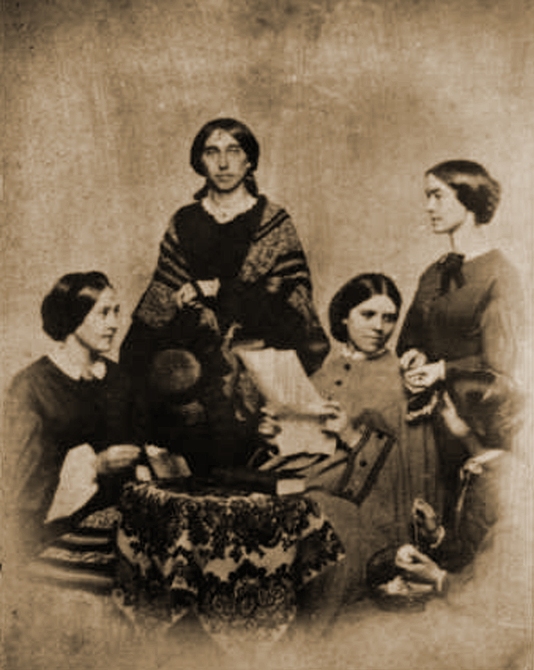
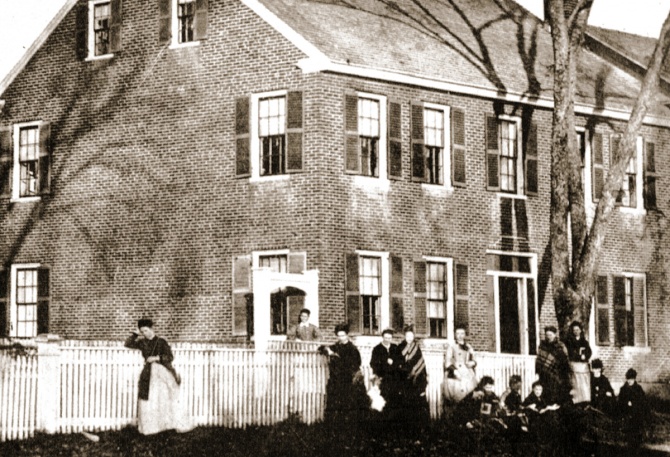
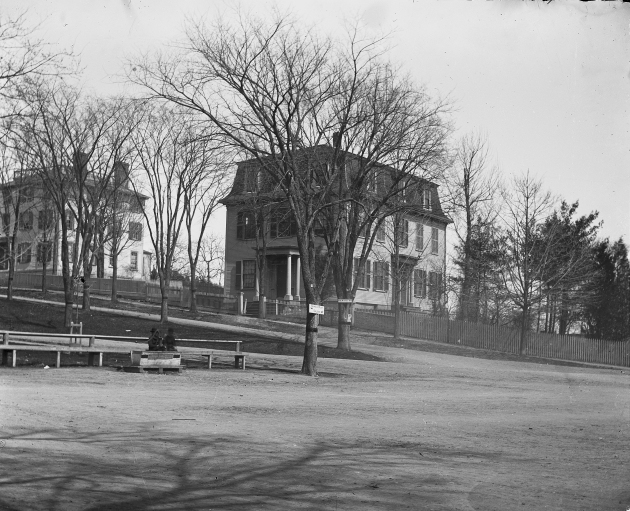
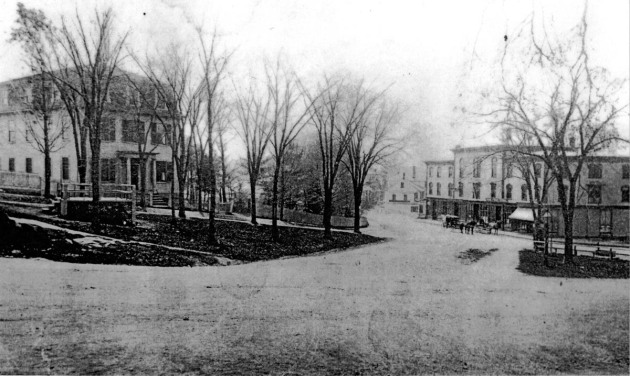
The Seminary building and a row of small shops were demolished in 1932, replaced by the Christian Science Church and a commercial building, both still standing today. The structure was originally a two-story building with a hip roof. In the late 1800s, a third floor was added with a Mansard roof, and it hosted several commercial tenants. The building was demolished in 1932 and the Christian Science Reading Room now sits at that location.

Message Through Time:
The Photographs of Emma D. Sewall: 1836-1919
by Abbie Sewall
Emma D. Crooker Sewall from Bath, Maine attended the Ipswich Female Seminary from 1854-1855. She was the daughter and wife of shipbuilders, and one of the earliest (if not first) women invited to join the Boston Camera Club, where she won prizes for her work and exhibited in Paris with Steiglitz and other Pictorialist photographers of the day. Emma’s granddaughter Abbie Sewall wrote a book about her called, “Message Through Time: The Photographs of Emma D. Sewall: 1836-1919.” Her husband, shipbuilder Arthur Sewall, ran for VP with William Jennings Bryan in 1896. They lost by a small margin to McKinley. Read the Message Through Time Afterword by Abbie Sewall.
Institutions showing the work of Emma D. Sewall:
- Boston Athenaeum, Lauren Graves, Curator, graves@bostonathenaeum.org
- Maine Historical Society(MHS), (dynamic online database Maine Memory Network), Tiffany Link, TLink@mainehistory.org
- Bath Historical Society, Nathan Lipfert, nathanlipfert@gmail.com
- Maine State Museum, Maine Digital Library, Benjamin Stickney, Benjamin.D.Stickney@maine.gov
- Maine Maritime Museum, Bath, Me., Curator of Collections, Kelly Page page@maritimeme.org
Sources:
- Massachusetts Board of Education; George A. Walton (1877), “Report on Academies: Ipswich Female Seminary”, Annual Report…1875-76
- Thomas Franklin Waters’ extensive history of the Ipswich Female Seminary.
- Melissa Berry
- Bonnie Hurd Smith
- Cowles Papers
- Reflections of Mary Lyon
- The Life of Mary Lyon
- Study of Zilpah Polly Grant Bannister by Harriet Webster Marr

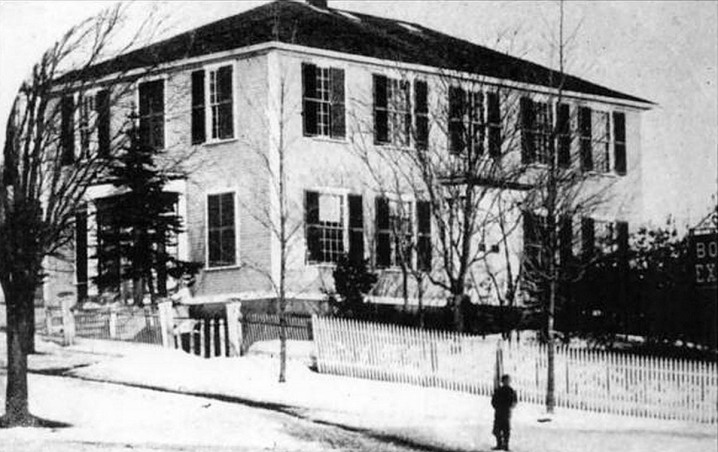
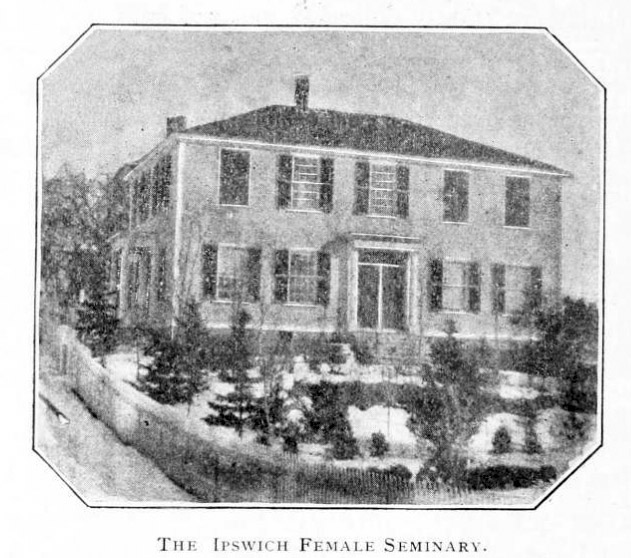
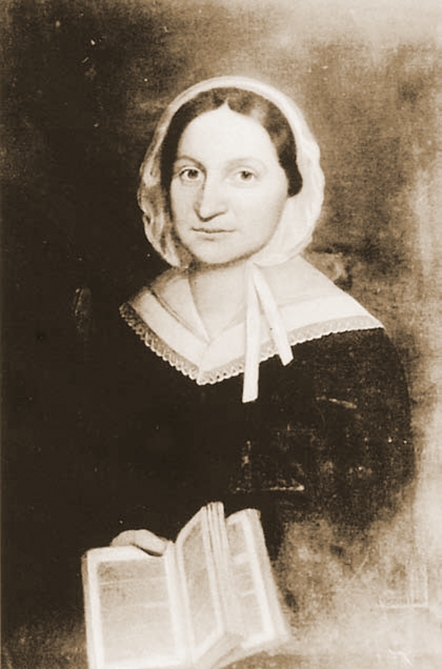
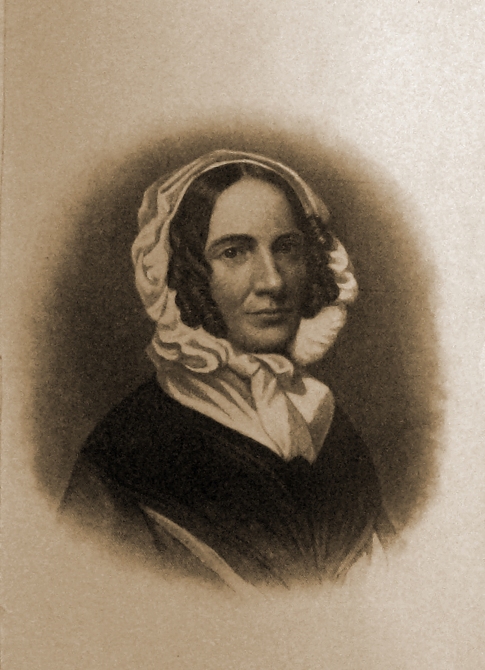

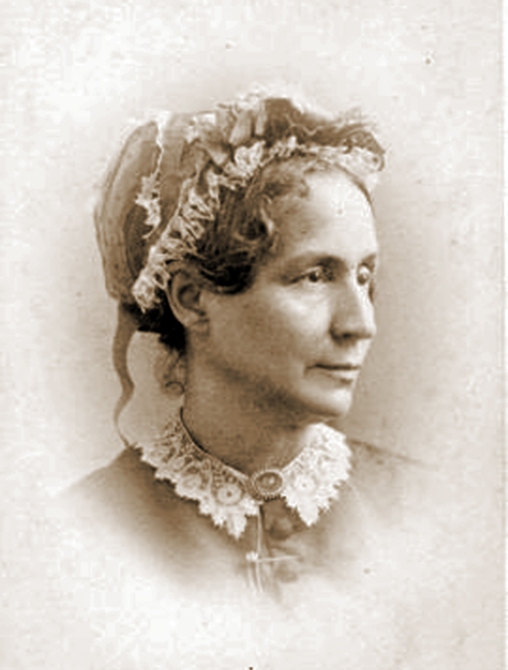
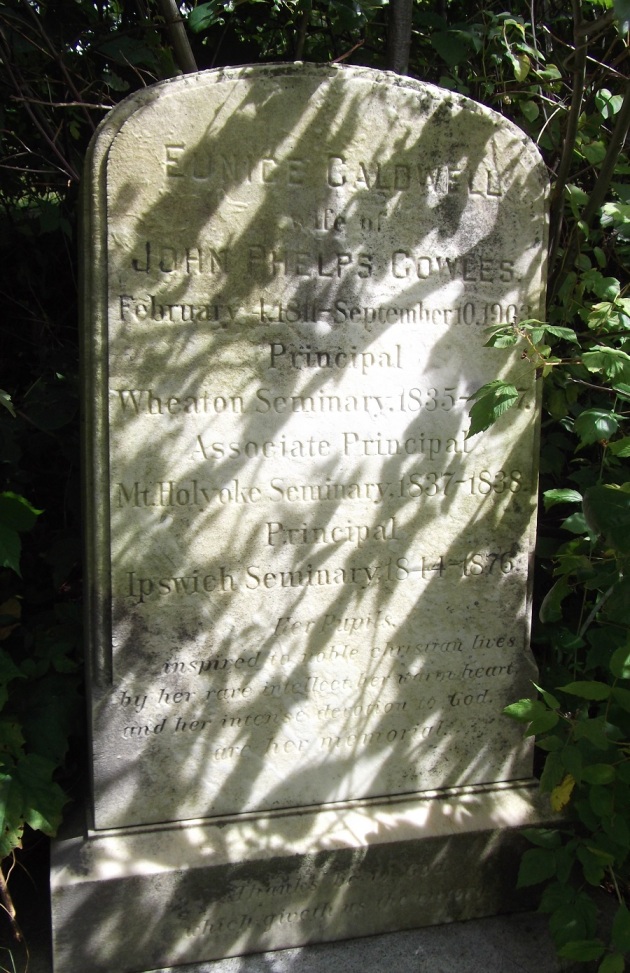
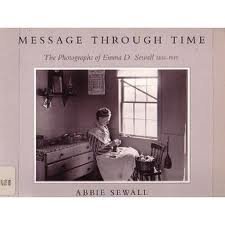
hi Gordon, I’d love to add photos of Zilpah Grant, Mary Lyon, Eunice Caldwell Cowles and Rev. John Cowles to the Ipswich Female Seminary exhibit at the Ipswich Museum. Would you know where the originals of the photos of them (in this post) are?
I added a couple of larger photos of Mary Lyon and Zilpah Grant. Click on the images to view the larger files. I don’t have the originals.
Hello Gordon- Do you know if Ipswich Female Seminary documents exist for the years 1860-62? I am doing research involving two young ladies who were students in that time frame – Mary Beman Gates and Frances Bosworth. I only know they were there and have no information on graduation dates, activities, etc.
Thank you, Steve Magnusen
Excerpt From the Cowles Papers, Mount Holyoke College Archives and Special Collections: “Eunice Caldwell… attended Ipswich Female Seminary from 1828 to 1829.. She married the Reverend John Phelps Cowles in 1838…In 1844 they returned to reopen Ipswich Female Seminary which they ran until it closed in 1876.
My 3x great grandmother Jerusha Emily Gilbert Stocking b 1832 was supposed to have gone to Ipswich Female Academy. She lived in Colebrook, Ct. Her dad was a minister. Are there any records?
The Five College Archives has the records, but they do not appear to be online. https://asteria.fivecolleges.edu/findaids/mountholyoke/mshm197.html